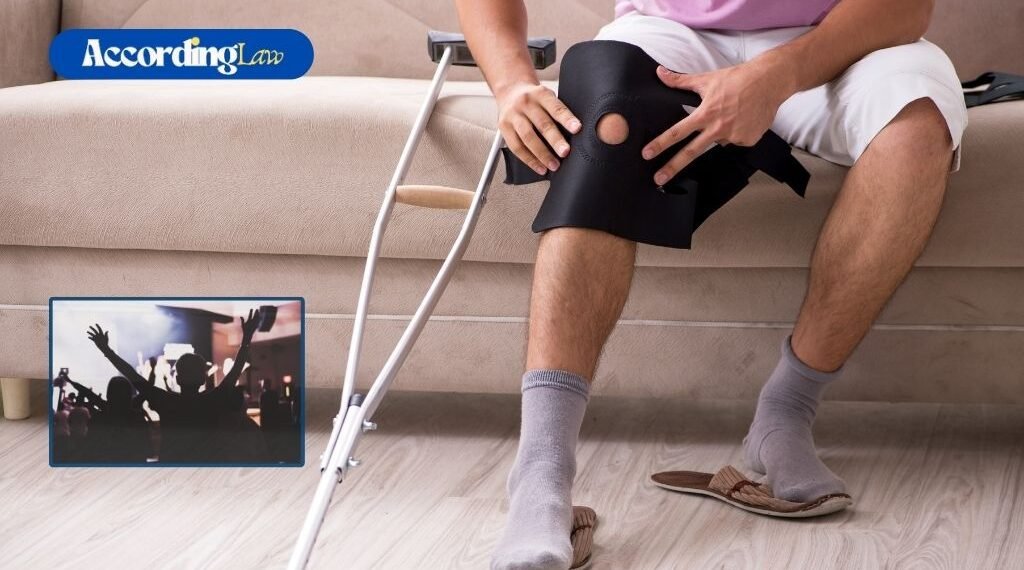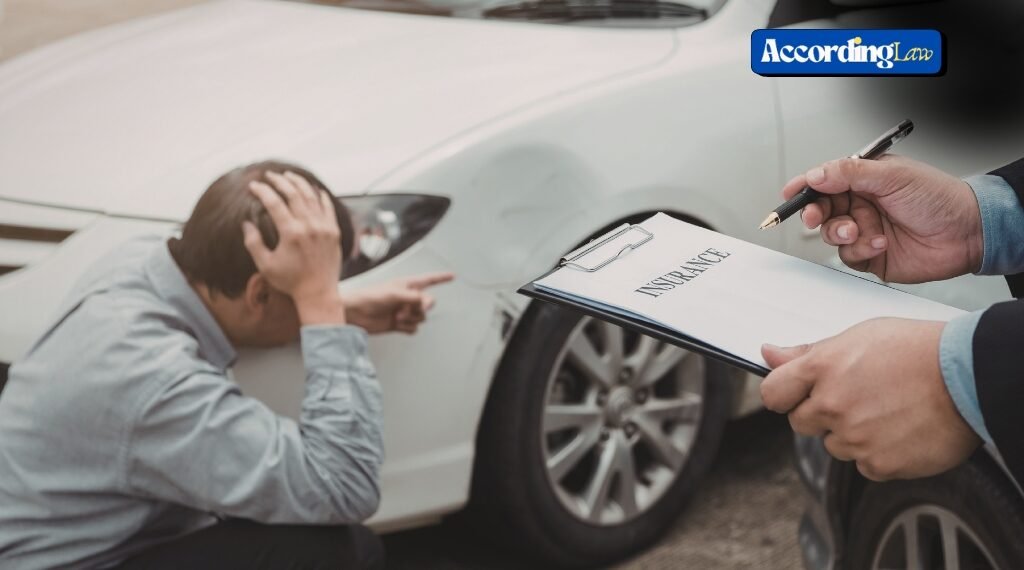Personal injuries at public events can turn a night of excitement into a lasting hardship. If you’re hurt at a concert in Las Vegas, you need someone who understands Nevada’s legal landscape. A local accident lawyer can guide you through filing a claim, gathering evidence, and negotiating with insurers.
In a city known for its dazzling shows and bustling venues, safety concerns abound regarding overcrowded walkways and malfunctioning equipment. Concert venues must ensure safe conditions, and failure to do so can open them to liability under Nevada law. Prompt documentation, such as photographs of hazards and detailed medical records, can make a huge difference in your ability to secure fair compensation. This guide will walk you through the initial steps after an injury and show you how to protect your rights and recover the damages you deserve.
Table of Contents
Understanding Liability
Figuring out who is at fault is the first and most important step in recovering damages. Concert venues are responsible for the safety of everyone who attends. This includes taking care of the place itself, managing the crowd, and providing security. If a venue does not fulfill these responsibilities, it might be held liable for your personal injuries.
In some instances, event organizers or a third-party vendor may also be liable. For instance, if defective equipment injures someone, the person or company that provided the equipment could be responsible. Determining who caused a specific personal injury and is therefore liable requires a lot of thought into very specific details.
Documenting the Incident
Success would be making the case with proper documentation. Immediately following the incident, evidence should be collected. Pictures of the scene, visible injuries, or hazards can be very, very useful. Collect contact information of witnesses who are available to give statements.
Along with that, creating medical records is also important. Not only will seeking medical care ensure the proper care is given, but it will also create documentation of the injury. Maintain all bills relating to your medical treatment and treatment notes, since these will help you substantiate your compensation claim.
Seeking Legal Assistance
The difference between a good case and a case that is lost is who you enlist to help you. A skilled attorney can determine who is liable, collect evidence, and negotiate with insurance companies. They will also help you understand the types of compensation you are eligible to receive for your damages, such as medical, lost wages, and pain and suffering compensation.
Personal injury lawyers are experts in this area. They know how to work with the legal system while protecting your rights along the way. Selecting the right legal representation can go a long way in ensuring that fair compensation is received.
Exploring Compensation Options
Depending on the nature of the injury and what caused it, recovering damages from concert venues may be possible. Medical losses typically account for the majority of compensation claims. This includes emergency treatment, follow-ups, and rehabilitation.
You could also be compensated for lost wages. You may even be able to recover lost wages if any injuries prohibit you from working. Further, damages for pain and suffering are meant to compensate for the psychological and physiological effects of the injury.
Punitive damages may be available in certain cases. These are intended to punish the responsible parties for especially reckless or negligent actions. Speaking to a lawyer can help you understand what is owed to you.
Understanding Time Limits
Statutes of limitations are time limits on bringing a personal injury claim, and they differ from location to location. You need to know these deadlines because if you fail to file within the time limits laid out, you may lose your right to compensation. Speaking with an attorney as soon after the event as possible makes it more likely that you meet all applicable deadlines.
Insurance Considerations
Insurance policies are central to the compensation process. Concert venues often carry liability insurance, which protects them from injuries that occur on their premises. However, filing automobile and homeowner’s insurance claims can be daunting. They are likely to be the last ones to pay out and, in many cases, will refuse to pay out at all.
Insurers are not always known to give in easily, and having a lawyer beside you certainly helps. Lawyers are trained to deal with these, making sure you get a fair settlement. Knowing your rights and your options as an insured is an important part of seeking recovery.
Conclusion
Understanding the process of receiving damages after a personal injury at a concert venue involves meticulous documentation of your injuries and losses and strategic legal action. An individual can best approach the procedure with expert guidance and information on options regarding compensation. Always know that the first step in protecting your rights and getting compensated fairly is to be prepared and informed.


